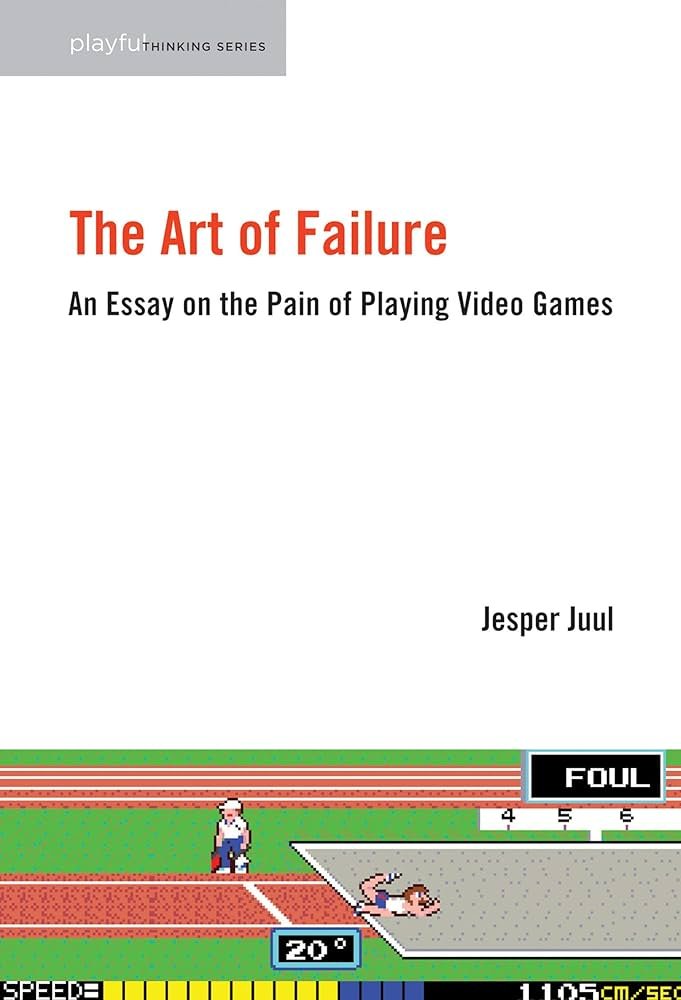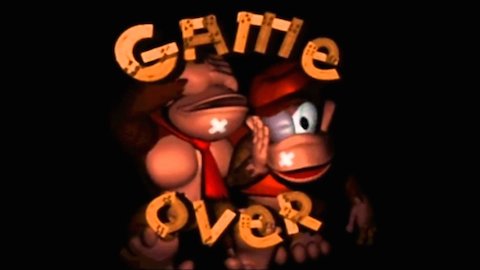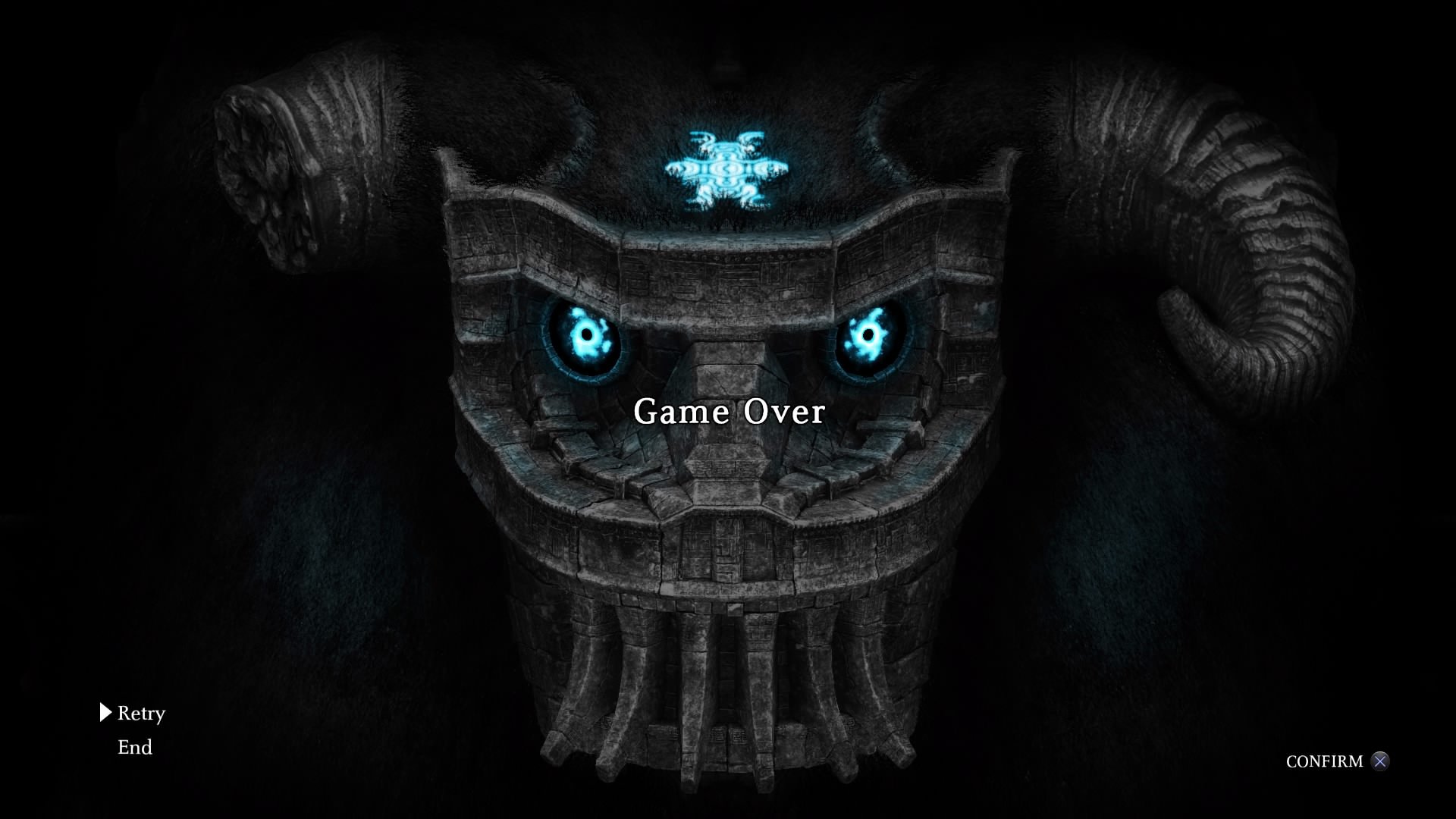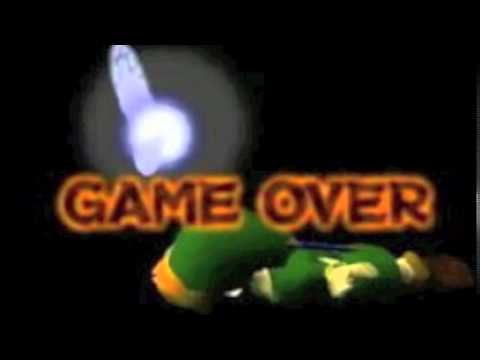The Art of Failure by Jesper Juul: Book Review
I have failed thousands of times in my life. The only reason I don’t say a million is because while my number of failures is definitely great, I don’t think I have quite reached that specific number. Yet. I’m only, as of this writing, 34, which means I have plenty of time to reach that number at some point in the future. And as long as I continue playing video games I’m sure to eventually reach that goal.
Besides trying to read every individual title in the Boss Fight Books series, I’ve recently discovered yet another series of nonfiction books dedicated to videogames. And as books are wont to do, I discovered this series through another book, specifically Super Mario Bros 3 by Alyse Knorr. In her book she cites an author by the name of Jesper Juul, specifically his book The Art of Failure: An Essay on the Pain of Playing Video Games. This book, one of several in MIT Press’ collection called Playful Thinking, is probably one of the best books about videogames I’ve ever read.
So, naturally, I decided to buy it, read it, and write a review of it.
I read it, put it down, and didn’t write anything.
Look, life happens, and until I become independently wealthy or I start getting some followers on Patreon, I’m at the mercy of squeezing my writing time between the gaps of my 40 hour work week.
I was committed though, in no small part because Juul’s name kept popping up in articles and books I’d stumble across while researching for other essays about games. I picked Juul’s book back up, read it again, and finally managed to at least get some quotes down on the page and move forward from there.
My half-assery in approaching this review aside, Juul’s book is simply put, vital. I use that word carefully and with every ounce of conviction that I possess.
Thus far in attempting to read every nonfiction book about videogames I can get my hands on I’ve been struck by the fact that most of the discourse is either ungodly academic, attempts to justify the medium as a medium, or else yet another in a long line of books chronicling the development of the technology and companies that spearheaded the medium as a whole. Part of the reason I enjoy Boss Fight Books is that they break from this tradition, instead just focusing on one game and how it operates. The Playful Thinking series, which includes Juul’s book, is released by an academic publishing company and follows a similar approach by focusing on one element of the medium of videogames and trying to understand its role.
The Art of Failure then is hopefully self-explanatory.
But, this is a review, so I’ll explain anyway.
Juul’s book is about failure in video games, and how the experience of failure shapes players' perception, both of the games they play but also of themselves. Failure can mean different things in a videogame. Juul’s tries to understand why failure exists in video games, how it occurs, how it shapes development, how it affects a players conviction to continue playing, how it psychologically functions in the players’ minds, and how it is employed narratively both within videogames as well as the meta-narrative of the player’s personal self. Juul knows this and it’s his skill as a writer to communicate effectively how he defines failure for his readers.
In one oft quoted passage he describes failure while offering a wonderful thesis:
My argument is that the paradox of failure is unique, and that when you fail in a game, it really means that you were in someway inadequate. Such a feeling of inadequacy is unpleasant for us, and it is odd that we choose to subject ourselves to it. However, all games, uniquely induce such feelings of being inadequate. They also motivate us to play more in order to escape the same inadequacy, and the feeling of escaping failure (often by improving our skills) is central to the enjoyment of games. Games promise a fair chance of redeeming ourselves. This distinguishes game failure from failure in our regular lives. Good games are designed such that they give us a fair chance whereas the regular world makes no such promises. (7).
I do want to clarify that Juul refers to failure in videogames as a paradox because he’s trying to explore the reason why people play games knowing that failure is a possibility, as well as a motivational factor. It’s true for myself that when I fail at a videogame I recognise that it’s almost always because I was inadequate in some way. I didn’t press an action button at the right moment, I didn’t learn the pattern or behavior of a non-playable-character(npc) before they attacked, I didn’t pay attention to in-game environmental factors, or I didn’t really master controlling a character or figure.
Shorter version: It’s my fault that I failed.
That’s not a fun thought. But it is an honest one.
Juul’s book tries to dig into the paradox that occurs when players willfully pursue an experience that will involve failure, that will involve acknowledging failure and thus inadequacy. And that’s important because people, generally speaking, don’t like feeling inadequate. I certainly don’t. But as Juul points out, the failures that take place in videogames take place in an artificial environment and thus allow unique opportunities to undo the emotional damage. In fact failure can become inspiration for pleasurable experiences.
He writes:
It is the threat of failure that gives us something to do in the first place. It is painful for humans to feel incompetent or lacking, but games hurt us and then induce an urgency to repair our self image. Much of the positive effect of failure comes from the fact that we can learn to escape from it, feeling more competent than we did before. This connects games to the general fact that it is enjoyable to learn something, but it also shows games as different from regular learning: we are not necessarily disappointed if we find it easy to learn to drive a car, but we are disappointed if a game is too easy. This means that failure is integral to the enjoyment of game playing in a way that is not integral to the enjoyment of learning in general. Games are a perspective on failure, and learning as enjoyment or satisfaction. (45)
This passage made me stop and reflect on how I’ve approached failures in videogames in the past.
In the last two months or so I have been playing through Super Mario Bros 3 with the intent of finally finishing the game. I started it when I was 8 and now I’m 34, so I’m a bit behind. I played it alongside Super Mario World regularly throughout my childhood, and even some into my teens, but I never was able to complete the games because I failed at them. There was always some element in a level like a Koopa-troopa or a large gap that kept me from finishing a level I was obsessed with. Eventually the repeated failures, alongside my failure to really study the levels of the game became so frustrating that I stopped playing.
Or, really, I stopped playing the later levels and instead just played the opening levels over and over again trying to snag all the secrets and items I couldn’t find on my first run.
Using my failures here was really great because it helped me better appreciate Juul’s argument. There were plenty of games I played that were easy or basic and my memory of them is faint because they were quickly consumed and then just as quickly forgotten. Put another way, the lack of failure kept me from bothering to remember these moments. Juul’s argument is effective because it highlights how games, as a medium, facilitate emotional and intellectual growth because they provide players like me the chance to fail in artificial environments without long-term consequences.
And there’s the paradox of videogames.
Players are humans who do not want to fail, but most players go into a videogame with the understanding that they will possibly, probably, almost assuredly fail.
Looking at a later passage Juul further explains this paradox when he writes:
Failure forces us to reconsider what we are doing, to learn. Failure connects us personally to the events in the game; it proves that we matter that the world does not simply continue regardless of our actions. Still the question of game failure has a recursive quality. […] a tempting solution could be to say that the weight of game failure is purely subjective, that it means exactly what we want it to mean, but that overstates how much control we have. Perhaps we would like game failure to be what we make it, but that is not within our power. The paradox of failure like the paradox of tragedy, and the general paradox of painful art, does not describe a universal agreement to seek out emotions that we would otherwise abhor. (122-23)
Looking at this passage I’m reminded of any mission in Grand Theft Auto 5 that involves planes or helicopters. I picked up a copy of the game about a month ago from GameXchange and I’ve been playing it in the evenings after work. I was surprised to find that I have actually enjoyed a Rockstar game that isn’t set in the “Old West.” I like the characters, I enjoy the story, the settings are gorgeous, and shooting guns and driving cars is actually really great.
There’s also a stripper minigame but that’s for another essay.
Several times throughout the videogame however there are moments when I am forced to fly an airplane or a helicopter for some arguably ridiculous reason and controlling these machines is not really that fun. Because I suck at them. Every mission I have played involving planes or helicopters has resulted in not one but at least four to five failures before I somehow manage to finish the level.
To borrow from Juul here, I abhor flying missions in GTA5.
I abhor flying missions because I fail at them.
And failure sucks.
The pain is only deepened when I remember that I have no control over this situation in-game. I have to fly these machines for the plot, for the missions, and/or for the mini-games because they are part of the mechanics of the game.
In Juul’s book he often uses the example of Red Dead Redemption, another Rocktsar game that I’ve written about before. He observes that players have experienced negative emotions while playing the game due to the conclusion of the story which involves the protagonist John Marsten being shot and killed by federal agents. There is no way to avoid this ending, and there is no way for players to choose any other path of the story. John Marsten’s attempt to live a life as a law-abiding farmer is doomed to failure; he will die, riddled with bullets, and gasping for breath before he finally passes away.
And to some extent it is my fault.
The emotional pain that I as a player typically feel here is narratively driven; it’s just part of the story. So while there is a perception of failure, I come away from the game knowing that this failure of Marsten to live was not due to my inadequacy to master the game controls or react in just the right time. There are some videogames which have incorporated a choice system to provide multiple possible endings for players. This is an interesting convention that gives players a bit more agency to decide whether they want the sad, happy, neutral, or funny endings of games. But Red Dead Redemption denies players this choice because of factors having more to do with the genre of the game, as well as the story itself.
Jull manages to dig into the emotional hurt such a scene causes. He writes:
We presumably play many games because they are exciting, but will playing a particular game result in a positive or negative mood? This is where the fundamental unpredictability of games comes in, since failure will likely result in a worse mood than successful. To play a game is to take an emotional gamble. The higher the stakes in terms of time investment, public acknowledgment, and personal importance, the higher or potential losses and rewards. We make very rough estimates of the gamble factoring in the likelihood of failure along with time investment required, the audience for our performance, and our personal investment in performing well. We are probably also not very good at doing the calculation–optimists may be unable to believe that failure is a possibility, for example. (57)
What’s important is how Juul manages to effectively explore how players come away knowing that they failed to save John Marsten from his death, but also that their failure was not entirely their fault.
Put another way: I created this failure by playing the game. I could have stopped, turned the game off, and played something else. But the game is fun, despite this tragedy, so I kept playing, understanding that it would end in failure.
This is the paradox of a tragedy set against the paradox of videogame failure.
This is to say that The Art of Failure is a great book.
Juul writes without any reservation about videogames being art, and that in and of itself would be enough to recommend his book. But as the preceding quotes have demonstrated Juul is also a talented writer, a learned academic, and someone who is contributing a great work to Ludology and videogame studies.
For me personally Juul’s book was an incredible way for me to think about the videogames I have played and will play in the future. I’ve spent a great amount of time playing videogames, fearing failure, and perceiving my failure to be an indication of my own inadequacy…because it was. But because of The Art of Failure, I’ve allowed myself the breathing room to at least acknowledge that my failures are part of the experience, part of my emotional and intellectual growth, and part of the reality of being human.
We fail in videogames because we fail in life.
There’s always another helicopter to crash into a parking lot of Los Santos, just like there’s always another failure to remind myself that I have to keep going.
Joshua “Jammer” Smith
1.22.2024
Like what you’re reading? Buy me a coffee & support my Patreon. Please and thank you.
https://www.patreon.com/jammerdraws
You can find copies of The Art of Failure on the MIT Press website. I’ve included a link below:





